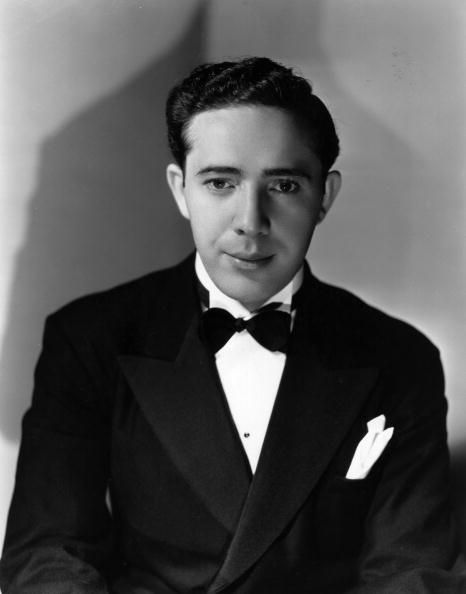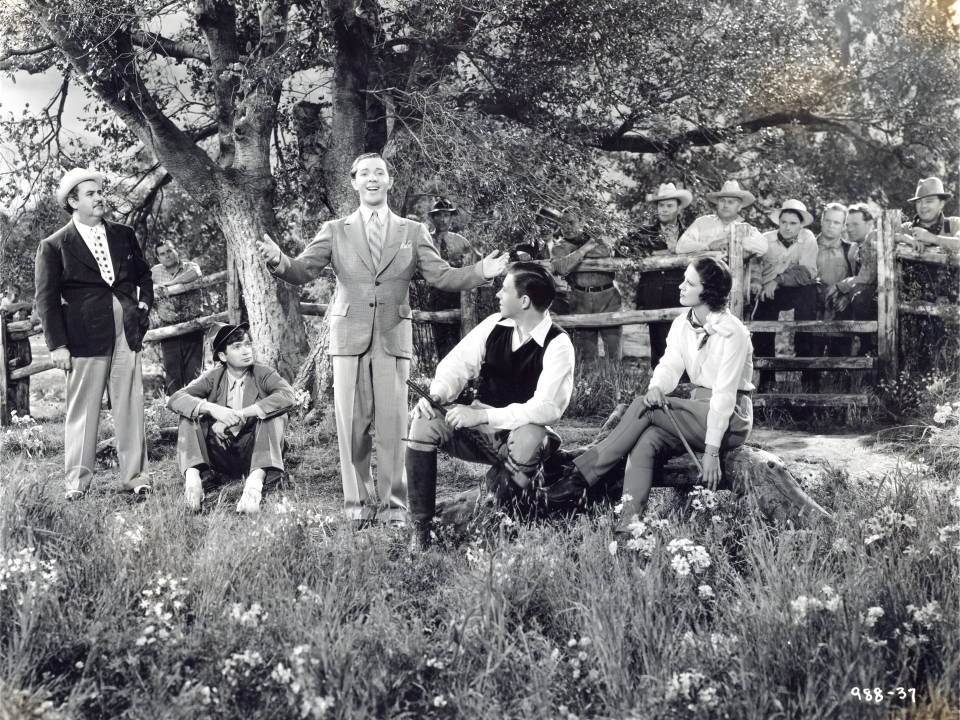The Community Foundation for Southern Arizona’s most senior award is entering its 27th year of supporting aspiring Opera singers in the United States. The Igor Gorin Memorial Award, established in 1987 as a tribute to the widely known Baritone, will have awarded more than $318,000 since 1993.
The annual award serves as an unerring reminder of Gorin’s years of service to the Tucson community and the joy he found in sharing his vocal talents.
Born in 1909 in Grodek, a small village in southern Ukraine, Gorin discovered a love of music at an early age as a result of his exposure to folk songs sung by woodsmen in the region where he lived. His passion bled into his adolescence when he began studies at the Vienna Conservatory of Music. It was here that he was first exposed to philanthropy through a scholarship awarded to him by a member of the Rothschild banking family as a result of his hard work and demonstrated talent.
Gorin was a dedicated student who surpassed financial limitations and numerous struggles with his health (including a hospitalization after doctors diagnosed him as terminally ill). Against all odds, and through the support and charity of people who believed in his gifts, Igor graduated from the conservatory at age 21. Three years later he traveled to New York where his career as a professional vocalist began.

It was a short time before Gorin went from singing on a ten-week contract at the Music Hall to performing for radio; making his debut for Rudy Vallee’s The Fleischman Yeast Hour. He went on to gain notoriety through performances on several national radio programs including the Bell Telephone Hour and the Firestone Hour. His most popular number on television, radio and many of his concert performances; a sung rendition of The Lord’s Prayer, was first performed while contracted with The Standard Hour, NBC’s Hollywood-based program. Gorin also began touring the country, performing in most of the United States as well as most provinces in Canada to audiences of thousands.
In the late 1930s, he made several personal performances for American troops and through the Armed Forces Radio during World War II. These performances were especially heartfelt for him, as he was deeply concerned for the safety of his Jewish family in Europe. The ongoing war made it difficult for Gorin to relocate his family to the United States despite numerous efforts to do so. Despite his distress over the welfare of his family, he did find joy when he met, fell in love with, and married American actress Mary Smith in 1939.
Throughout the 1940s, Gorin worked to further establish his singing career in the United States, writing and publishing dozens of love-themed songs and often performing them at concerts as well as through broadcast. Though he became well known for his stage presence and dramatic artistry on the operatic stages, he never allowed himself to become distanced from philanthropy. He often lent his vocals to charitable causes to assist organizations with fundraising and to various war relief efforts.
After decades of successful performances and tours throughout the United States, Europe, South America, Australia, and New Zealand, Gorin took the advice of his doctors who suggested that slowing down and settling in a warmer climate out West would be beneficial to his health. In search of another career that would allow him to continue pursuing his love of music, Gorin considered teaching. Eventually, Igor and Mary Gorin settled in Tucson where he had taken a position as a Professor of Music at the University of Arizona.
At the University of Arizona, Gorin found joy in his ability to nurture young students into skillful and inspired vocalists. He gained the love, admiration and respect of his pupils and colleagues, many of whom were able to enjoy his annual recitals up until his final vocal performance on the University’s campus in 1978. Sadly, Gorin’s health began to deteriorate in the early 1980s. He retired from teaching in 1981 and succumbed to cancer the following year.
He was survived by Mary Gorin, his beloved wife who also played a pivotal role in his career as a manager. Five years after his death, Mary chose to continue her husband’s legacy through the Igor Gorin Memorial Award established at the Community Foundation for Southern Arizona. The unrestricted award is given out once a year to assist aspiring opera singers with expenses associated with advancing their careers. Today, the award is the largest and most prestigious of its kind in the country, befitting from its namesake whose memorable voice made a lifelong impression on anyone who had the privilege of hearing it.
Applications are now being accepted for the 2020 Igor Gorin Memorial Award. Click here to learn more and apply!

